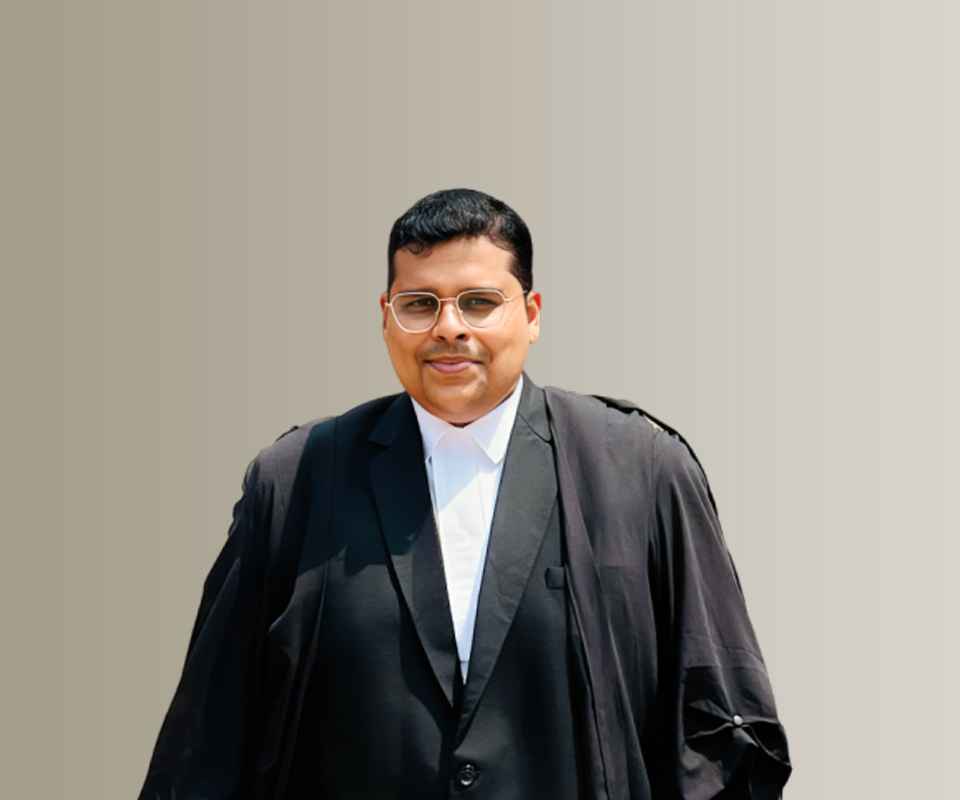Answer By law4u team
The elderly often face financial constraints, especially when it comes to accessing legal remedies and seeking justice. In many cases, they may not have the financial resources to afford the legal court fees, which can act as a barrier to the welfare and rights they seek under various laws, including the Maintenance and Welfare of Parents and Senior Citizens Act, 2007.
However, there are provisions under Indian law that allow for the waiver or exemption of court fees for individuals who are unable to afford them due to financial indigence. The Court Fees Act, along with other legal aid schemes, provides mechanisms to ensure that the financial incapacity of elderly applicants does not prevent them from seeking legal relief.
Provisions for Court Fee Waiver for Indigent Senior Citizens
Court Fees Act, 1870
The Court Fees Act governs the payment of court fees in India. According to Section 35A of the Act, indigent persons (those who are unable to pay the required court fees) may apply for the waiver of court fees. The application is made to the court, which will determine whether the person qualifies as an indigent applicant based on their financial condition.
Section 35A specifically allows the waiver of court fees for individuals who are unable to pay due to financial hardship. This includes senior citizens who cannot afford the legal costs for filing cases related to their maintenance, welfare, or any other legal claims.
The applicant will need to file a petition or affidavit that proves their financial incapacity, typically through the means affidavit, showing details about their income, property, and expenses.
Indigent Status and Affidavit of Poverty
Indigent status refers to an individual who cannot afford the fees due to their poverty or financial incapacity. To qualify for a fee waiver, the applicant must file a petition to the court, supported by an affidavit of poverty, detailing their financial situation.
For elderly applicants, this may include providing evidence of their pension, income from savings, or lack thereof, and any dependents or responsibilities they may have. Senior citizens living on minimal or no income can easily qualify for the fee exemption.
Example of the affidavit for fee waiver:
I, [Senior Citizen’s Name], residing at [Address], am unable to pay the court fees required for this application as I have no means of income apart from a modest pension of ₹[Amount], and my financial status is such that I cannot afford the court fees.
Maintenance and Welfare of Parents and Senior Citizens Act, 2007 (2007 Act)
Under Section 5 of the Maintenance and Welfare of Parents and Senior Citizens Act, 2007, senior citizens can file a petition in the Maintenance Tribunal for maintenance or welfare. This Act explicitly mentions the right of senior citizens to access legal relief without being hindered by financial incapacity.
While the Act itself does not specifically mention the waiver of court fees, the general provisions of the Court Fees Act, 1870 apply, allowing indigent elderly applicants to seek a fee waiver when filing cases under the 2007 Act.
Legal Aid under the Legal Services Authorities Act, 1987
The Legal Services Authorities Act, 1987 establishes the National Legal Services Authority (NALSA), as well as State and District Legal Services Authorities, which provide free legal aid to those who are unable to afford legal costs, including senior citizens.
Under this Act, senior citizens who are indigent can approach the Legal Services Authorities for free legal assistance. These authorities can help waive court fees and also provide legal representation in courts.
The process typically involves:
- Filling out an application form for legal aid.
- Providing proof of financial incapacity (such as pension details, income certificate, etc.).
- If approved, the senior citizen will be provided with free legal representation, and their court fees will be waived.
State-Specific Provisions
Many state governments have their own rules regarding the waiver of court fees for indigent citizens. These provisions are often applied to senior citizens, especially for those who do not have the means to pay for the legal proceedings.
For example, in Delhi, the Delhi High Court Rules allow senior citizens to apply for a waiver of court fees if they are unable to pay. The court will verify the indigent status before granting a waiver.
Judicial Discretion in Waiving Court Fees
Courts have the discretionary power to waive court fees for indigent applicants, especially if it can be proven that the applicant is unable to afford the fees and the matter is urgent or involves vulnerable individuals like senior citizens.
In cases where senior citizens are in a dire financial situation, courts may act in their best interests and waive the fees to allow them to access justice.
Procedure for Applying for Court Fee Waiver:
Preparation of an Affidavit of Poverty:
The applicant (senior citizen) must prepare an affidavit of poverty that contains details about their financial condition. This document will need to be sworn before a notary or court official.
Filing the Petition:
The petition to waive court fees should be filed along with the main case (e.g., for maintenance under the 2007 Act) in the appropriate court or tribunal.
Supporting Documents:
Attach supporting documents that demonstrate the financial incapacity of the applicant. These can include:
- Income certificate from a local authority or pension proof.
- Bank statements showing lack of savings or assets.
- Ration card or other documents verifying the applicant’s financial condition.
Court’s Decision:
The court will review the affidavit and other supporting documents and decide whether the applicant qualifies as an indigent person. If approved, the court fees will be waived.
Assistance from Legal Aid Services:
If the senior citizen is found to be indigent, they may also be eligible for free legal representation provided by the District Legal Services Authority or other legal aid bodies.
Conclusion:
Yes, court fees can be waived for indigent elderly applicants under the Court Fees Act, 1870. Senior citizens who are financially incapable of paying court fees can apply for a fee waiver by filing an affidavit of poverty and providing supporting documentation. The Maintenance and Welfare of Parents and Senior Citizens Act, 2007 ensures that senior citizens’ rights are protected, and the legal system provides avenues for them to seek justice without financial hindrance.
Additionally, through Legal Aid Schemes under the Legal Services Authorities Act, 1987, indigent senior citizens can access free legal assistance, including fee waivers, further ensuring their right to maintenance and welfare.







